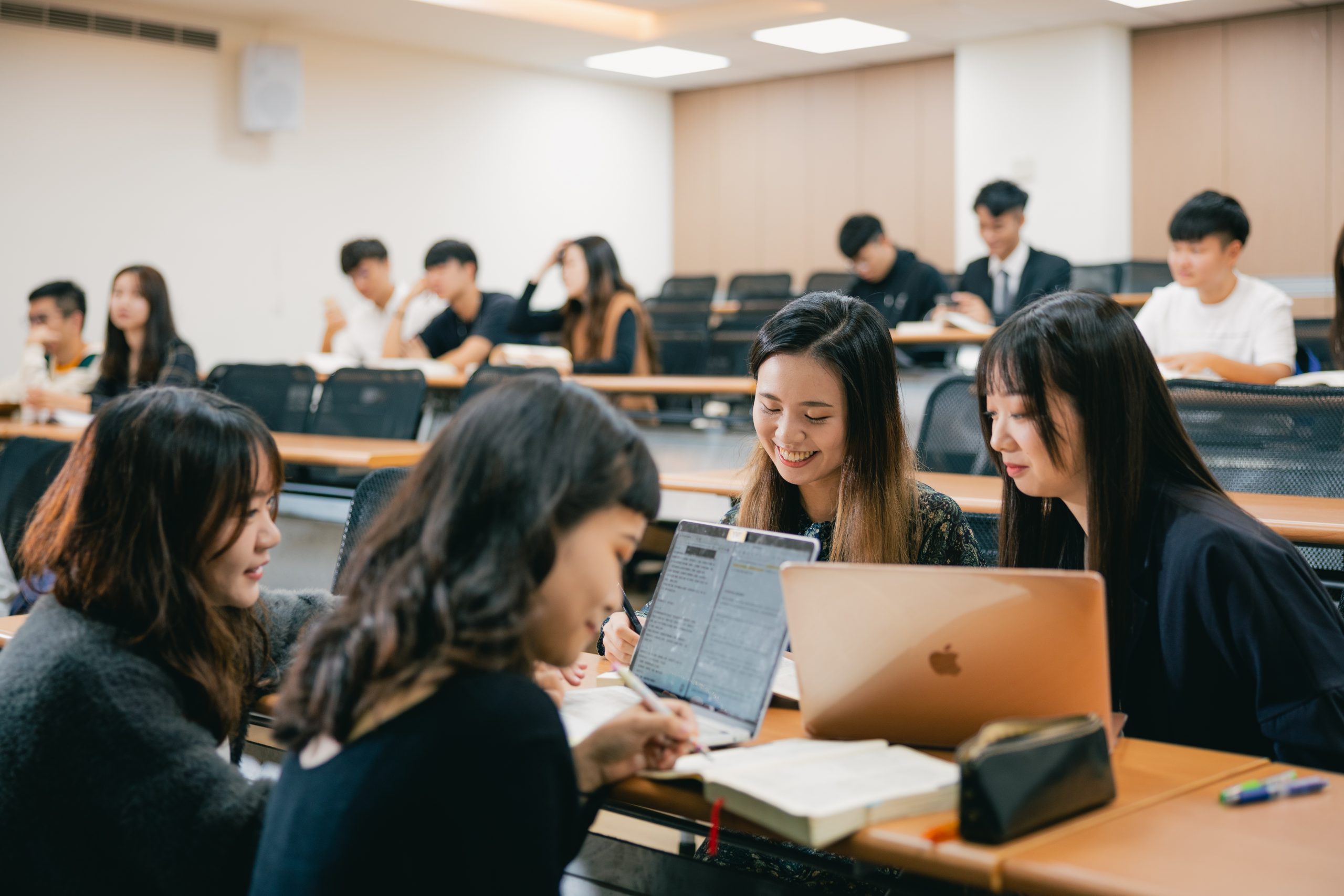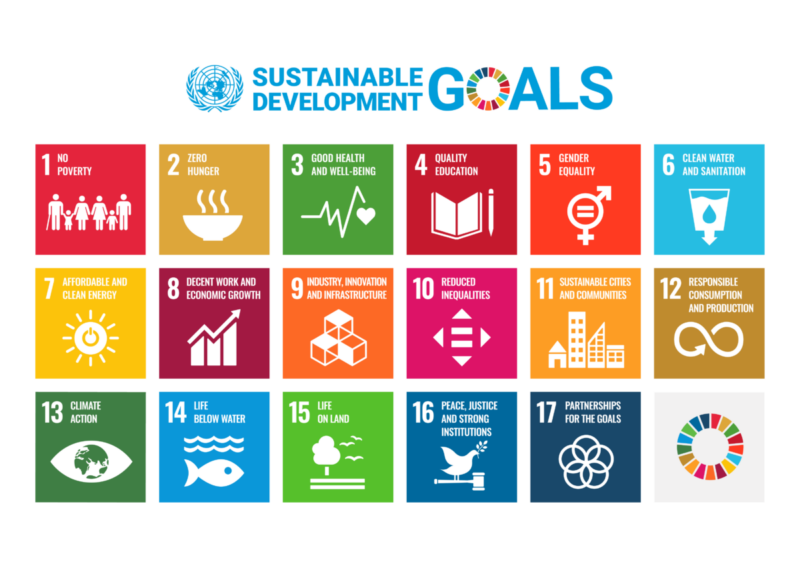首頁 » MISSION, OBJECTIVE & FUTURE PERSPECTIVES
MISSION, OBJECTIVE & FUTURE PERSPECTIVES

Mission
Mission in Legal Education: Balance of Doctrinal and Practical Learning.
The school of law and the department aim to serve the legal needs of society by training law students with vision, integrity and commitments to advancements in academic learning or legal practices.
The school of law and the department provide a rich curriculum consisting of basic legal and financial courses as well as new and cutting-edge subjects, such as economic law and technology law, and prepares students with the credential to work in public offices or business world.
The faculty members of the school of law and the department actively engage in academic research and conferences, promote academic exchange and co-operation, and provide advice to enhance Taiwan’s financial and economic law.
The school of law and the department also encourage faculty members to share the results of teaching and research, to promote legal education for general public, and to offer advice and recommendation for government’s policy-making and legislation.
Above all, the missions of our school of law and the department are,
1. To balance doctrinal and practical learning.
2. To train students with a combination of legal and business professions.
3. To improve students’ skill of foreign language, and expand students’ vision on international affairs.
4. With an emphasis on the course of legal ethics (professional responsibility), to equip students with higher moral standards.
Objectives
Our school of law and the department aim at educating professionals specialized in financial and economic law with international perspective, holistic personality and cultivating legal professionals who care society. Also to fulfill the University’s ideals- “Integrating,” “Creativity,” “Innovation,” are the competitive advantages of CYCU.
In addition to the emphasis on basic legal and financial courses, we pay more attention to ethics, theoretical and practical training. Hence, we expect we can develop a legal profession with the ethics and finance professional towards the three professional fields, economic and trade law, technology law, and judicial practice.
Above all, the missions of our department are,
1. Specialization: To educate professionals specialized in financial and economic
2. Internationalization: To educate professionals with an international perspective
3. Legal and ethical education: To contribute to shape legal personality
4. Integrated Education: To educate interdisciplinary professionals
5. Holistic Education: To educate professionals with holistic personality
Future Perspectives
The school of law and the department aims at combining legal and business training to produce legal professionals with a holistic vision in line with Chung Yuan Christian University. Hence, in addition to traditional legal training, the School and the department hopes to provide a rich environment with a curriculum that balances theory, practice and ethics in law. Ultimately, the School and the department wishes to foster legal professionals in the area of Financial Law, Law and Technology, and Judicial practice that contributes to the society and the country’s development.
1. Advanced Studies
2. Study abroad
3. Research in Financial and Economic Law
4. Research in Technology Law
5. Research in general practice
6. Related Professional Certificate and Qualification
7. Job Opportunity
Sustainable Development Goals

The United Nations has adopted Sustainable Development in 2015 and set up 17 Sustainable Development Goals (SDGs), which provides a shared blueprint for peace and prosperity for people and the planet, now and into the future. Higher education institutions can serve at unique positions to be at the forefront in the promotion of the SDGs and contribute to the discussions on the SDGs in society at large.
CYCU School of Law bases on the goal of holistic education, in responding to the rapid change of technology, the Department has divided into the “Financial and Trade Law Division” and the “Science and Technology Law Division” and designed 5 course programs in further cultivating cross-disciplinary legal professions. The 5 course programs are corresponding with the 17 SDGs into economic, social, and environmental and sustainable pillars:
| ASPECTS | GOALS |
|---|---|
| Social |  SDG 1: No poverty – End poverty in all its forms everywhere. SDG 1: No poverty – End poverty in all its forms everywhere. SDG 2: Zero hunger – End hunger, achieve food security and improved nutrition and promote sustainable agriculture. SDG 2: Zero hunger – End hunger, achieve food security and improved nutrition and promote sustainable agriculture. SDG 3: Good health and well-being – Ensure healthy lives and promote well-being for all at all ages. SDG 3: Good health and well-being – Ensure healthy lives and promote well-being for all at all ages. SDG 4: Quality education – Ensure inclusive and equitable quality education and promote lifelong learning opportunities for all. SDG 4: Quality education – Ensure inclusive and equitable quality education and promote lifelong learning opportunities for all. SDG 5: Gender equality – Achieve gender equality and empower all women and girls. SDG 5: Gender equality – Achieve gender equality and empower all women and girls. SDG 6: Clean water and sanitation – Ensure availability and sustainable management of water and sanitation for all. SDG 6: Clean water and sanitation – Ensure availability and sustainable management of water and sanitation for all. SDG 10: Reduced inequalities – Reduce inequality within and among countries. SDG 10: Reduced inequalities – Reduce inequality within and among countries. SDG 11: Sustainable cities and communities – Make cities and human settlements inclusive, safe, resilient, and sustainable. SDG 11: Sustainable cities and communities – Make cities and human settlements inclusive, safe, resilient, and sustainable. SDG 16: Peace, justice, and strong institutions – Promote peaceful and inclusive societies for sustainable development, provide access to justice for all and build effective, accountable, and inclusive institutions at all levels. SDG 16: Peace, justice, and strong institutions – Promote peaceful and inclusive societies for sustainable development, provide access to justice for all and build effective, accountable, and inclusive institutions at all levels. |
| Economic |  SDG 7: Affordable and clean energy – Ensure access to affordable, reliable, sustainable, and modern energy for all. SDG 7: Affordable and clean energy – Ensure access to affordable, reliable, sustainable, and modern energy for all. SDG 8: Decent work and economic growth – Promote sustained, inclusive and sustainable economic growth, full and productive employment and decent work for all. SDG 8: Decent work and economic growth – Promote sustained, inclusive and sustainable economic growth, full and productive employment and decent work for all. SDG 9: Industry innovation and infrastructure – Build resilient infrastructure, promote inclusive and sustainable industrialization and foster innovation. SDG 9: Industry innovation and infrastructure – Build resilient infrastructure, promote inclusive and sustainable industrialization and foster innovation. SDG 17: Partnerships for the goals – Strengthen the means of implementation and revitalize the Global Partnership for Sustainable Development. SDG 17: Partnerships for the goals – Strengthen the means of implementation and revitalize the Global Partnership for Sustainable Development. |
| Environmental |  SDG 12: Responsible consumption and production – Ensure sustainable consumption and production patterns. SDG 12: Responsible consumption and production – Ensure sustainable consumption and production patterns. SDG 13: Climate action – Take urgent action to combat climate change and its impacts. SDG 13: Climate action – Take urgent action to combat climate change and its impacts. SDG 14: Life below water – Conserve and sustainably use the oceans, seas, and marine resources for sustainable development. SDG 14: Life below water – Conserve and sustainably use the oceans, seas, and marine resources for sustainable development. SDG 15: Life on land – Protect, restore and promote sustainable use of terrestrial ecosystems, sustainably manage forests, combat desertification, and halt and reverse land degradation and halt biodiversity loss. SDG 15: Life on land – Protect, restore and promote sustainable use of terrestrial ecosystems, sustainably manage forests, combat desertification, and halt and reverse land degradation and halt biodiversity loss. |
